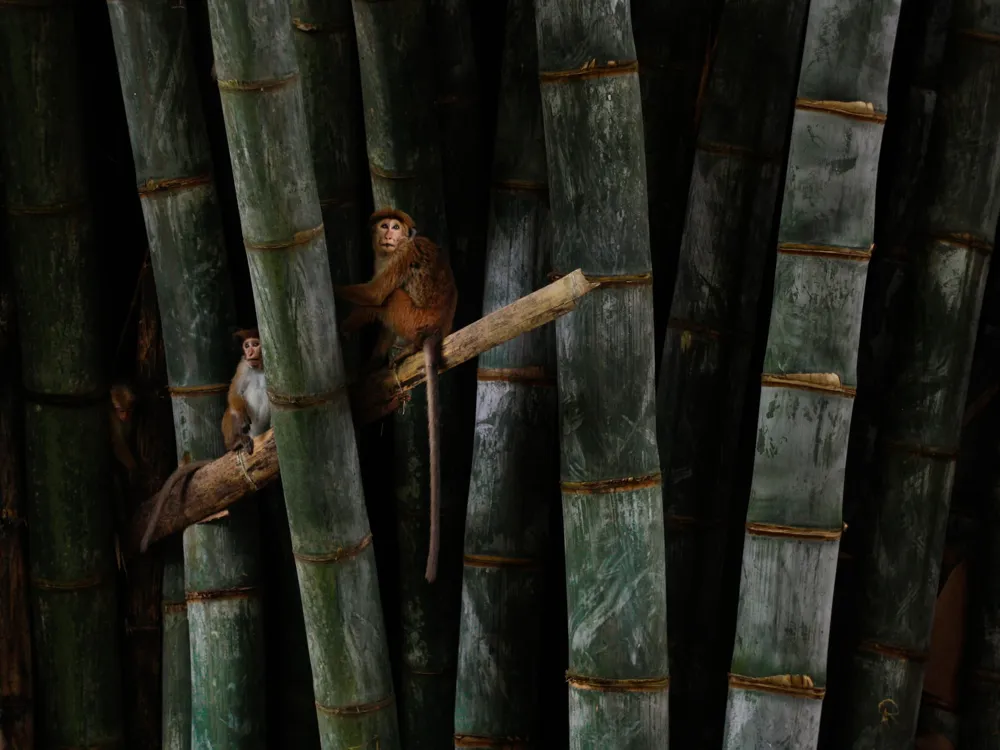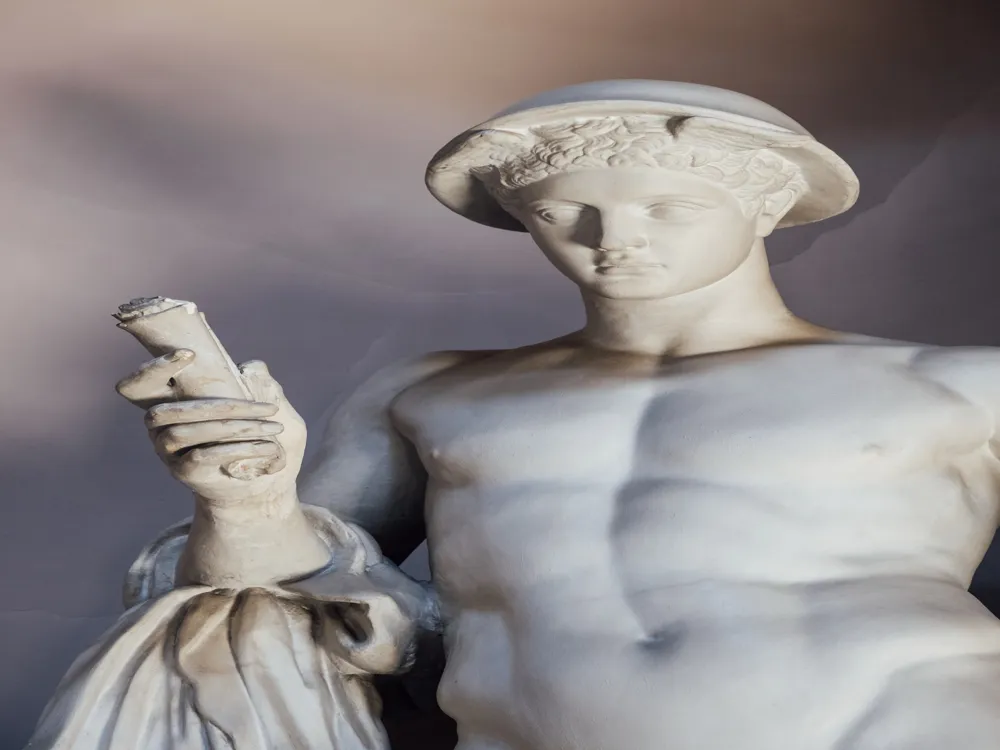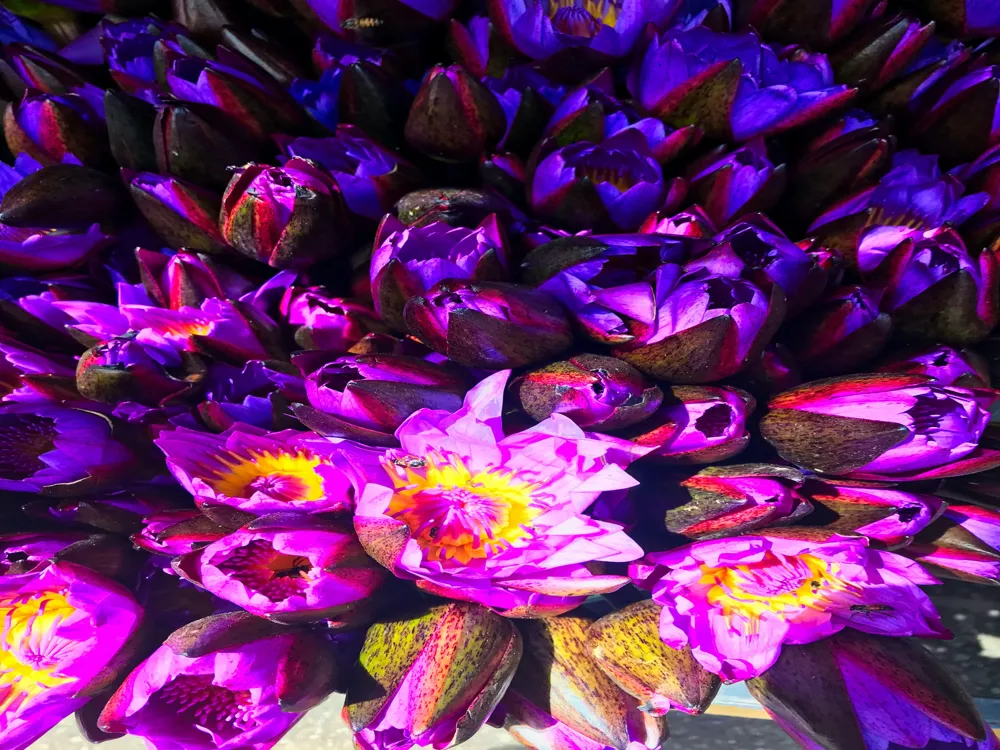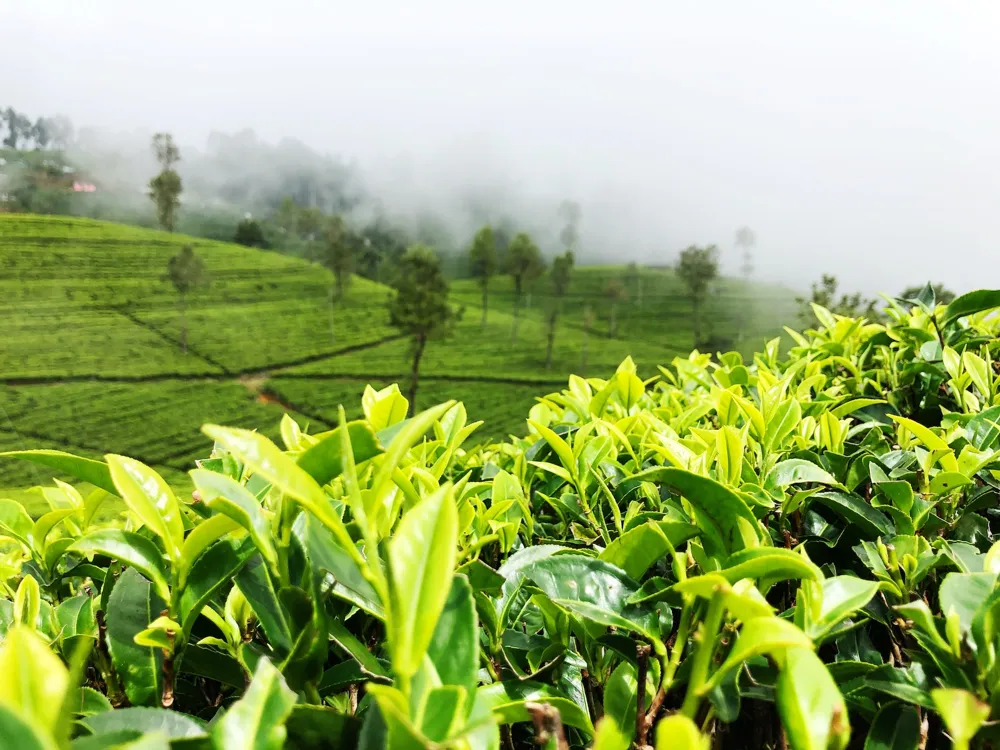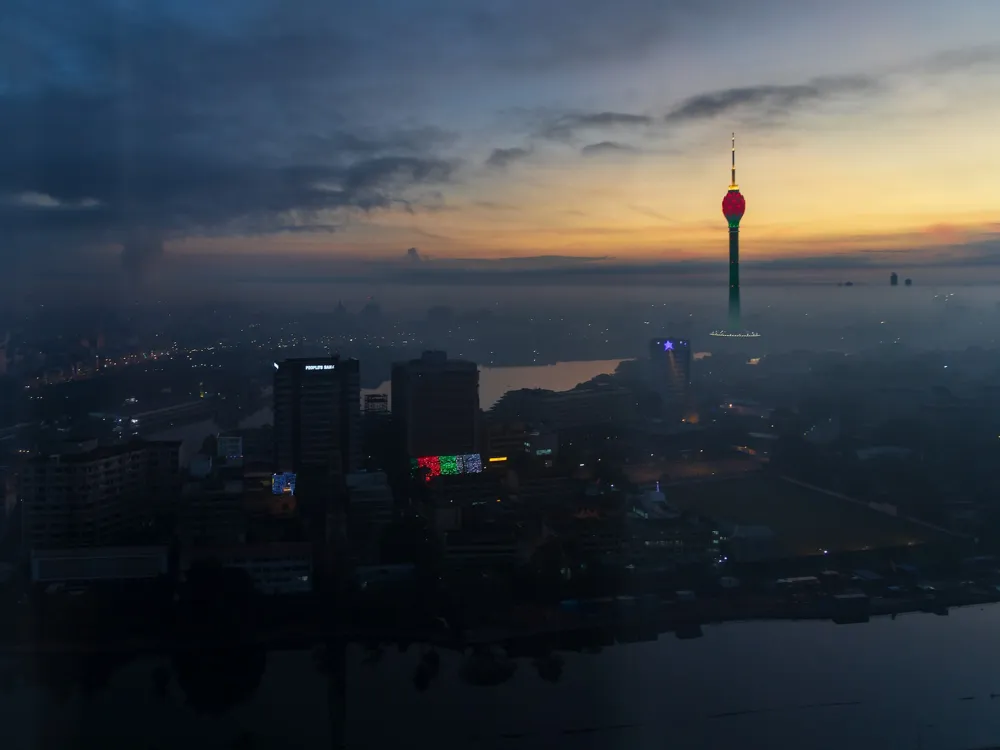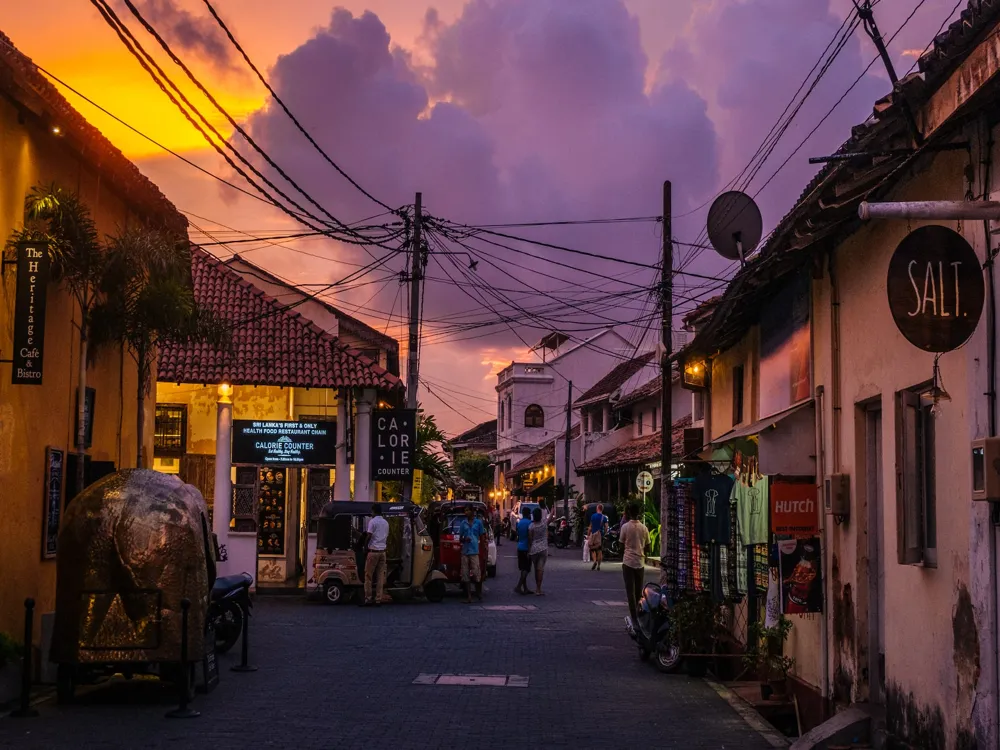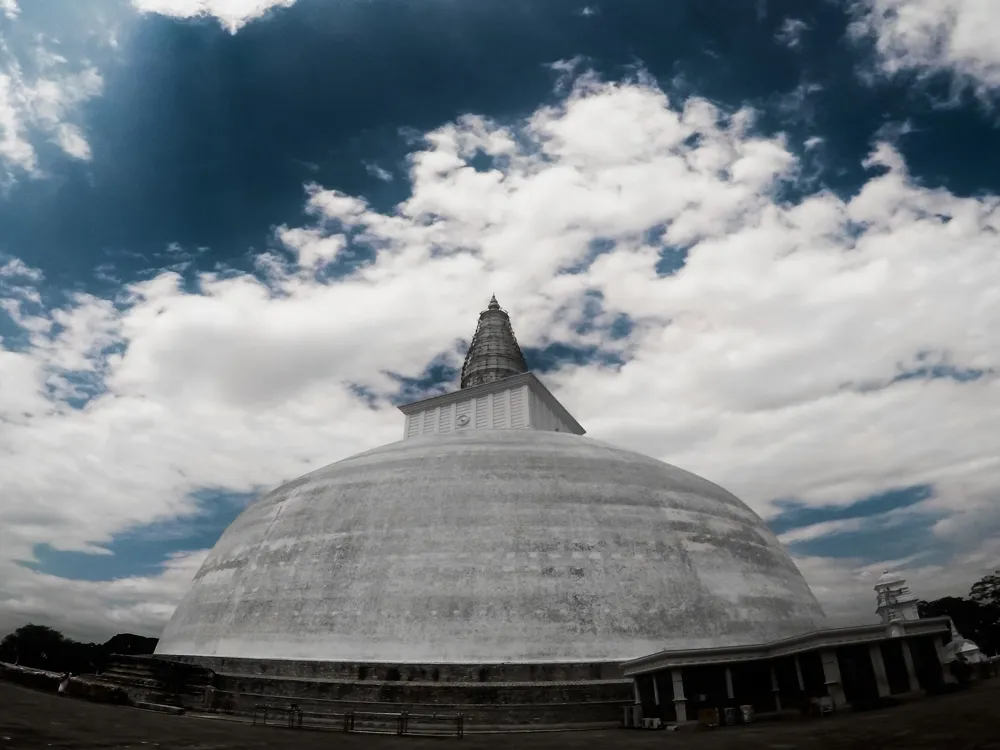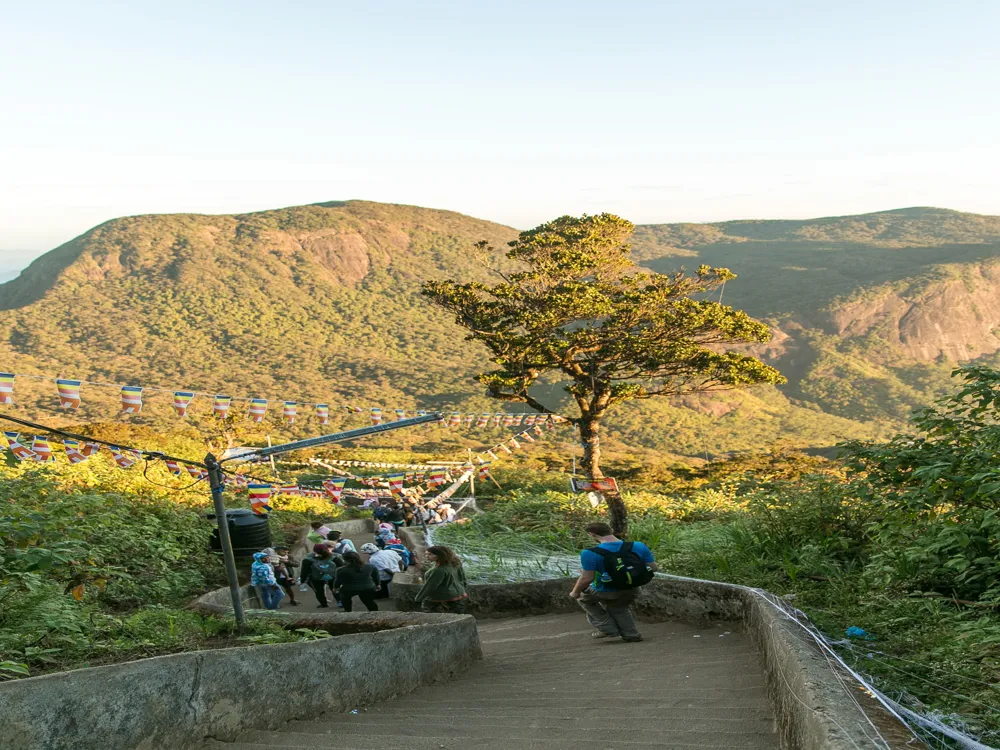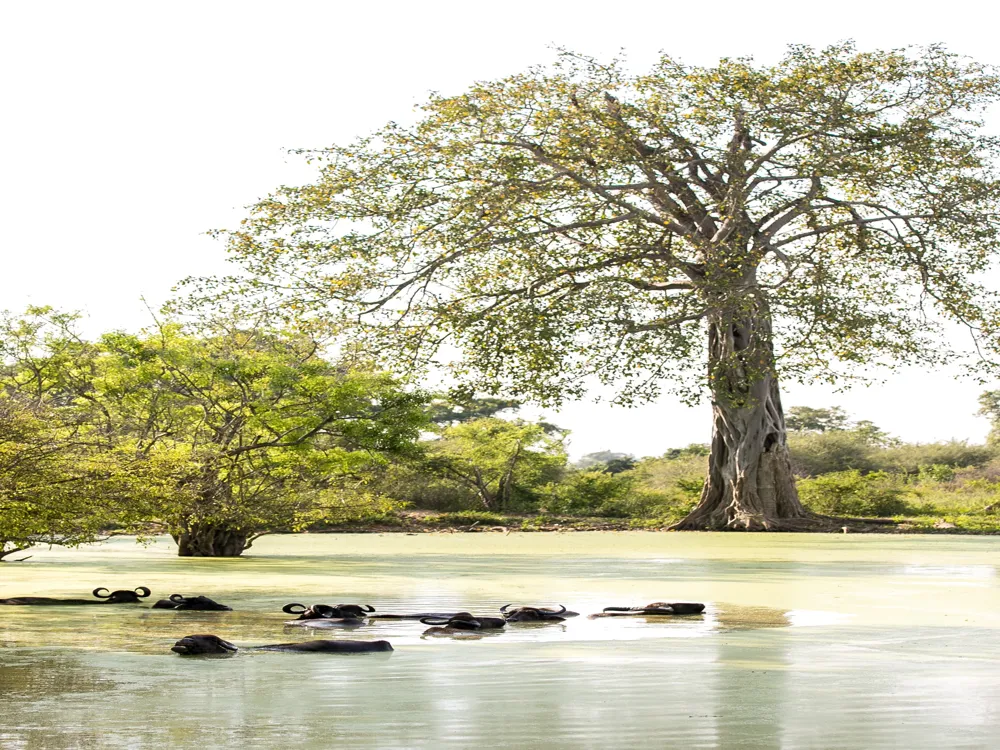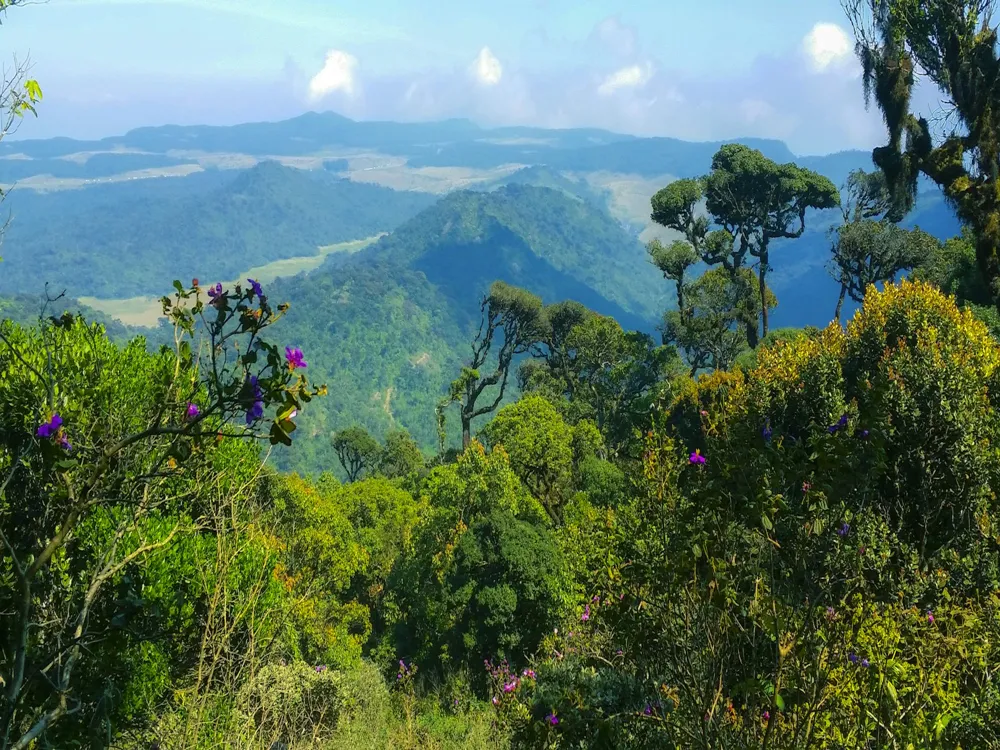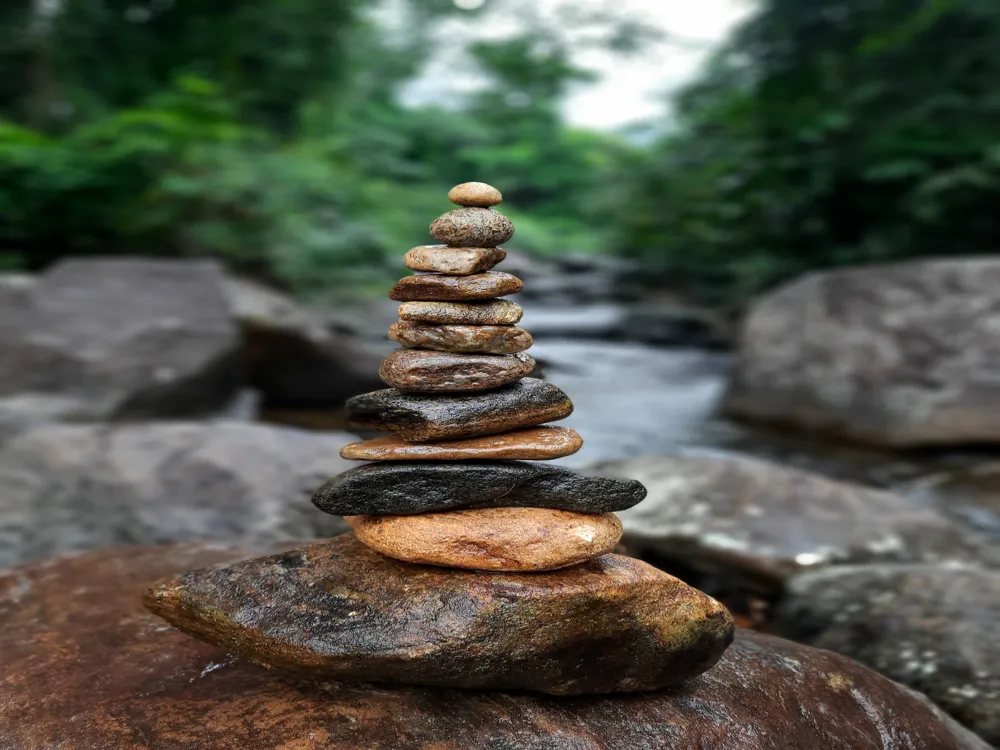The Royal Palace of Kandy, located in the heart of Kandy, Sri Lanka, stands as a testament to the city's historical and cultural significance. This architectural marvel was the royal residence of the Sinhalese monarchy, particularly during the era of the Kingdom of Kandy. The palace's history is deeply intertwined with the city's, as Kandy was the last capital of the ancient kings' era of Sri Lanka. The palace complex, alongside the Temple of the Tooth Relic (Sri Dalada Maligawa), forms a significant part of the cultural heritage of Sri Lanka and is a popular tourist attraction. The origins of the Royal Palace of Kandy date back to the 14th century, though the most significant developments occurred during the reign of King Vikramabahu III. Over the centuries, the palace underwent numerous reconstructions and refurbishments, reflecting the changing tastes and styles of the ruling monarchs. The architectural design of the palace is a splendid example of the Sinhalese kingdom's craftsmanship and artistic heritage, blending traditional Sri Lankan and South Indian architectural styles. The palace complex is known for its intricate wood carvings, beautiful frescoes, and unique roofing style, which are indicative of the rich cultural and artistic traditions of the Kandyan era. The Royal Palace of Kandy is renowned for its unique architectural style that symbolizes the rich cultural heritage of Sri Lanka. The palace's architecture is a blend of Sinhalese traditional styles with influences from South Indian designs, reflecting the diverse cultural interactions of the region. The structure predominantly features Kandyan architecture, characterized by its distinctive roofing, elaborate wood carvings, and intricate wall paintings. The palace's layout consists of several distinct buildings, including the King's Palace, Queen's Palace, Audience Hall, and the Royal Court. The Audience Hall is particularly notable for its wooden pillars that feature elaborate carvings depicting various cultural and religious motifs. The King's Palace, serving as the main residence of the monarch, is a two-storied building with a large central courtyard. The Queen's Palace, adjacent to the King's Palace, is equally impressive with its own unique architectural features. Visitors are advised to plan their visit to the Royal Palace of Kandy between December and April, as this period offers pleasant weather conditions ideal for exploring the palace and its surroundings. As the Royal Palace is near the sacred Temple of the Tooth Relic, it's important to dress modestly. Clothing covering shoulders and knees is recommended. Visitors should also maintain a respectful demeanor throughout their visit. Opting for a guided tour can enhance the experience, as knowledgeable guides provide in-depth information about the palace's history and architecture. The Royal Palace of Kandy is easily accessible by various means of transportation. For international tourists, the Bandaranaike International Airport is the nearest major airport. From there, one can opt for a taxi or a bus to Kandy. Within Kandy, the palace is situated in the central part of the city and can be reached by local buses, tuk-tuks, or on foot, depending on one's location in the city. For those interested in scenic routes, a train journey to Kandy offers breathtaking views of Sri Lanka's countryside.Royal Palace of Kandy: An Overview
Architecture of the Royal Palace of Kandy
Tips When Visiting Royal Palace of Kandy
Best Time to Visit
Dress Code and Conduct
Guided Tours
How To Reach Royal Palace of Kandy
Royal Palace of Kandy
Kandy
₹ 13,368 onwards
View kandy Packages
Weather :
Tags : Forts & Palaces
Timings : 08:00 AM to 04:00 PM
Entry Fee : Children: Free
Adults: 1000 LKR
Video Camera: 300 LKR.
Planning a Trip? Ask Your Question
Kandy Travel Packages
View All Packages For Kandy
Top Hotel Collections for Kandy

Private Pool

Luxury Hotels

5-Star Hotels

Pet Friendly
Top Hotels Near Kandy
Other Top Ranking Places In Kandy
View All Places To Visit In kandy
View kandy Packages
Weather :
Tags : Forts & Palaces
Timings : 08:00 AM to 04:00 PM
Entry Fee : Children: Free
Adults: 1000 LKR
Video Camera: 300 LKR.
Planning a Trip? Ask Your Question
Kandy Travel Packages
View All Packages For Kandy
Top Hotel Collections for Kandy

Private Pool

Luxury Hotels

5-Star Hotels

Pet Friendly








